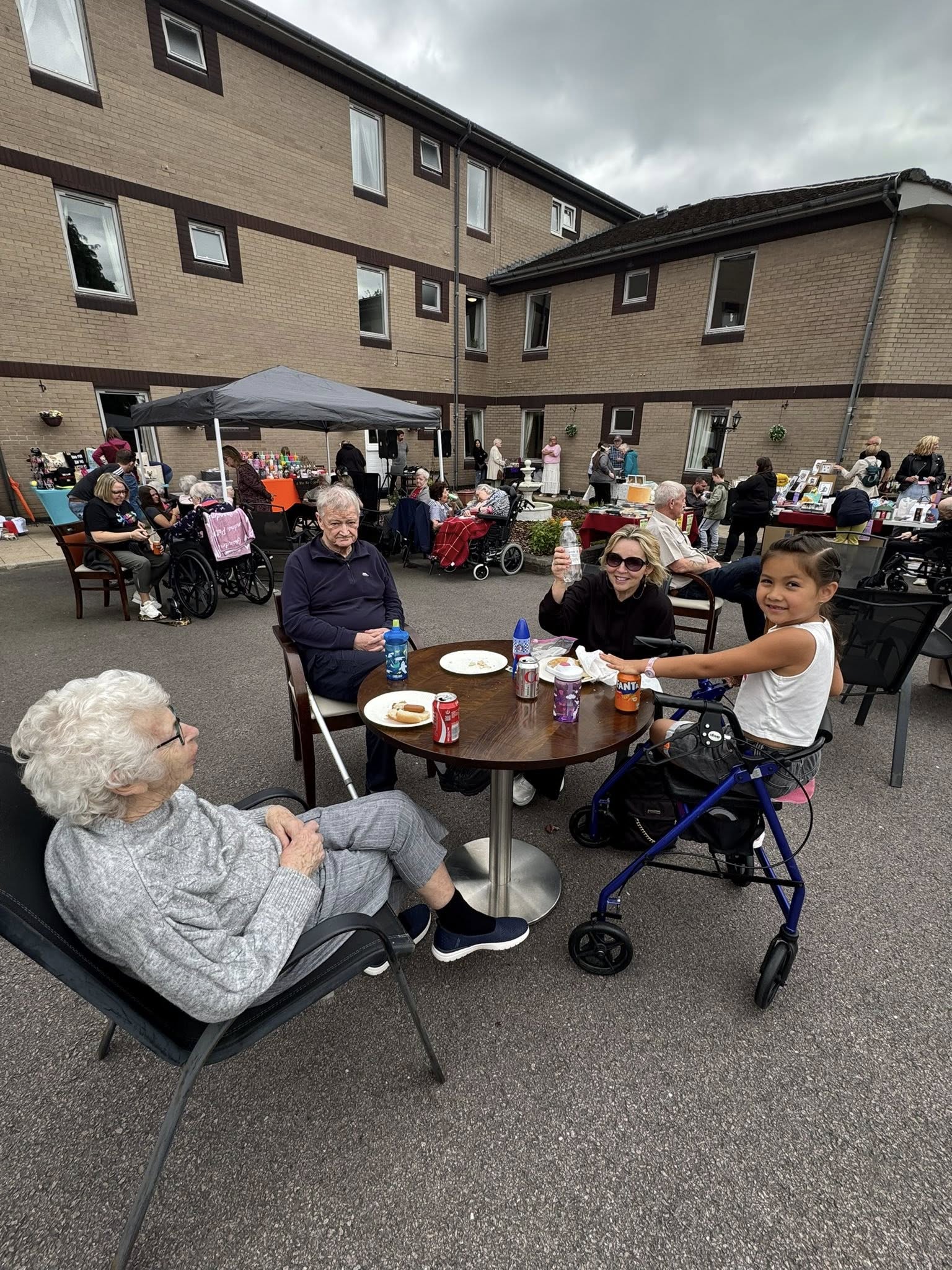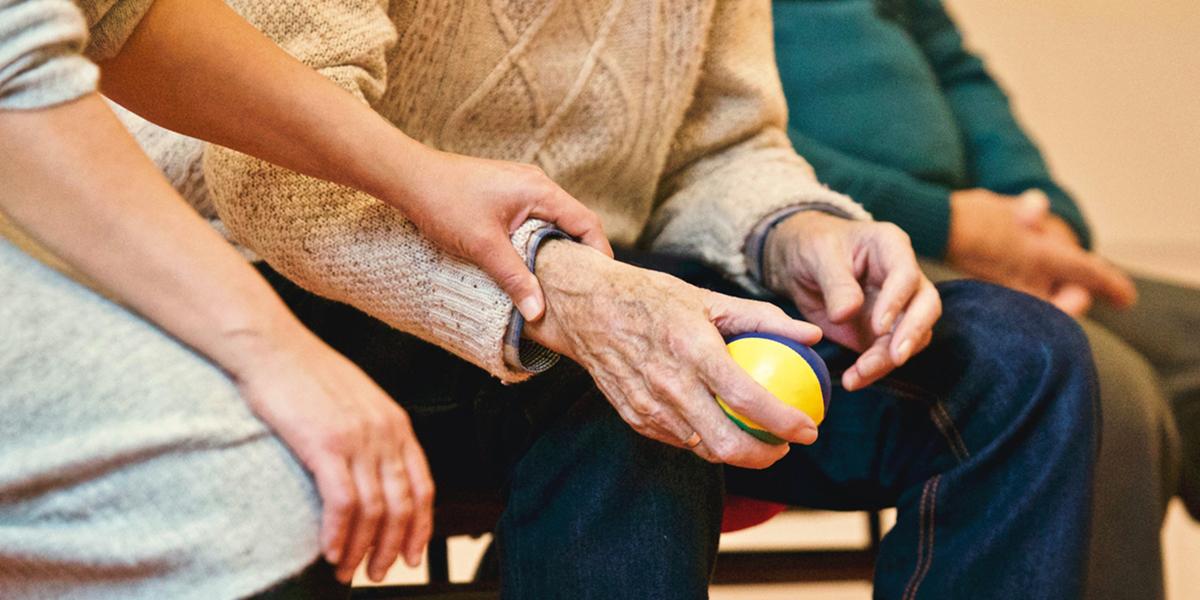When is the Right Time to Move into a Care Home?
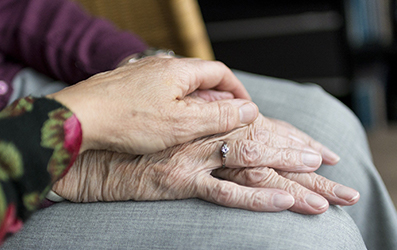
For a majority of people, making the decision to move someone out of their family home or own home and into a care home can put someone in a difficult decision. The whole moving process can be a challenging time for anyone, and making a life-changing decision such as this can seem like a scary next step. We wanted to create a guide that will help you and your loved ones to identify the right time to move into a care home, and the next steps that are involved.
Understanding When It’s Time to Move
Knowing when it’s time to move into an assisted living facility can be difficult, which is why the majority of care homes have a strong team of care professionals to help navigate you or your loved one through this challenging time. There are a few signs to look out for that can help to establish whether additional daily assistance is required.
Undergoing a Care Needs Assessment
A care needs assessment is an essential first step to understanding whether or not you might need to move into a care home or a nursing home. A care professional will usually come to see you or your loved one to get a better understanding of how you're handling daily tasks. Depending on your situation or circumstance, you may be asked to take an assessment either over the phone or online.
If you believe this is not the right fit for you, you can request a face-to-face assessment with your local authority. After this assessment has been completed, if you feel comfortable for the assessor to do so, they will also speak with other medical professionals, such as your GP or nurse to get all the necessary information they need to build a case.
Needing Long Term Help with Daily Tasks
Observing whether someone requires assistance with daily tasks is usually easy to detect. If this is the case, moving a loved one into a residential care home might be the best option. Residential care in a care home is the perfect type of care for those who no longer benefit from living alone and who are self-sufficient some of the time but might require a little assistance with certain tasks. Living in a care home allows residents to stay in touch with family members, spend their time doing the things that bring them joy, and no longer have to worry about mundane chores. Care homes provide full-time care to residents, but residents also have the freedom to experience independent living if they can do many things on their own.
When it comes to residential care, the levels of care and assistance provided are entirely tailored to every resident and their individual needs. In some cases, the assistance required will be minimal, whereas in others, the level of assistance required will be much higher. It truly depends on the individual, and regardless of the level required, a care home team member will always be available to provide that care.
What to Expect From Everyday Care?
What counts as ‘everyday care’ can range from individual to individual, however for most individuals, personal care is commonly provided to residents by staff, involving assisting with personal hygiene, washing, dressing, mobility, administering medication and ofcourse, providing regular meals. When a person can no longer do these activities by themselves, the individual likely needs to move to a care home to help improve quality of life.
If someone is struggling with their mental health, such are remembering how to do simple tasks, forgetting recent events or experiencing irrational behaviour, it is likely they’ll need specialist care such as dementia care, to guarantee that your loved one is getting the necessary treatment in a care home or nursing home. Person-centred care combined with all-inclusive facilities and services at a care home will improve a person’s quality of life and overall health and well-being.
Requiring a Higher Level of Care
Those needing a more advanced type of care will benefit from the 24-hour care that is offered in a care home. If someone has a long-term health condition or critical illness that has started to negatively impact everyday duties, nursing care may be the best option. Many care homes offer specialised Dementia Care for those living with the condition which is common in older people. If you believe that nursing care or dementia care is required for your loved one, they must get the care they require where a care plan will be put in place.
Relying Heavily on Family and Friends
As we grow older it’s normal to need a helping hand from a loved one from time to time, however, needing constant help when it comes to personal hygiene or keeping the house clean might begin to take it’s toll both on you and those close to you.
As a friend or family member, seeing your loved one struggle can be incredibly upsetting, however, it’s important to remember that there are lots of organisations and charities to turn to for extra support. Age UK is just one of many charities that have been established with the sole purpose of helping those facing the challenges that can come with aging. These organisations usually offer support in the form of support groups and hotlines.
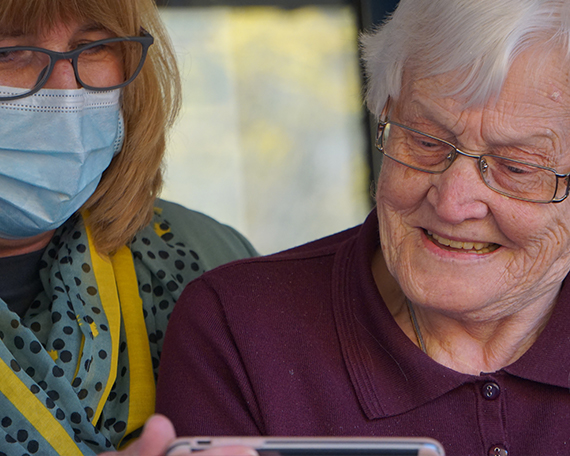
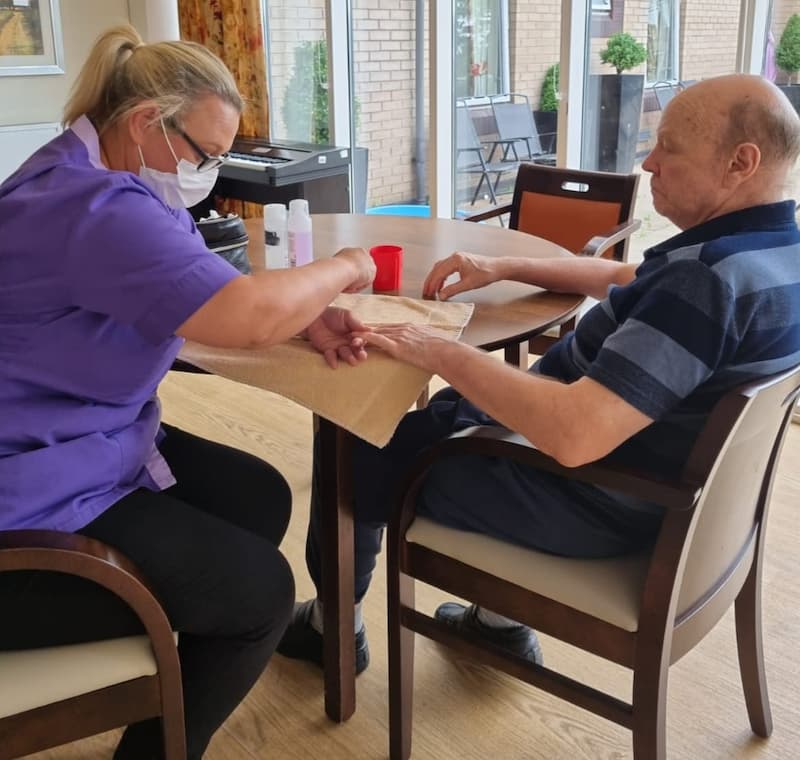

Moving into Deeside Care Home
We understand that deciding to relocate a family member to a care home can be an overwhelming process. Nonetheless, our dedicated and attentive team will do everything possible to make the transition into Deeside as efficient as possible for the peace of mind of everyone involved. We provide exemplary Residential, Nursing, Dementia and Respite care for older people in Aberdeen.
Our purpose-built care home has been beautifully decorated to provide an element of luxury at every turn, with an array of in-house facilities that residents can make use of each day. We get to know our residents on a personal level because we want to provide the highest quality, 24-hour care to every single resident who might need it. Our care home team has extensive knowledge when it comes to providing effective care and is dedicated to helping residents live a comfortable life.
Schedule a Callback
Whatever questions you may have, our professional, friendly team at Deeside Care Home would love to help you in any way they can. Get in touch by calling 01224869816 or emailing info@deesidecare.com. You may also fill out our Enquiry Form and someone will respond to your query as soon as they can. We are excited to speak with you soon.
